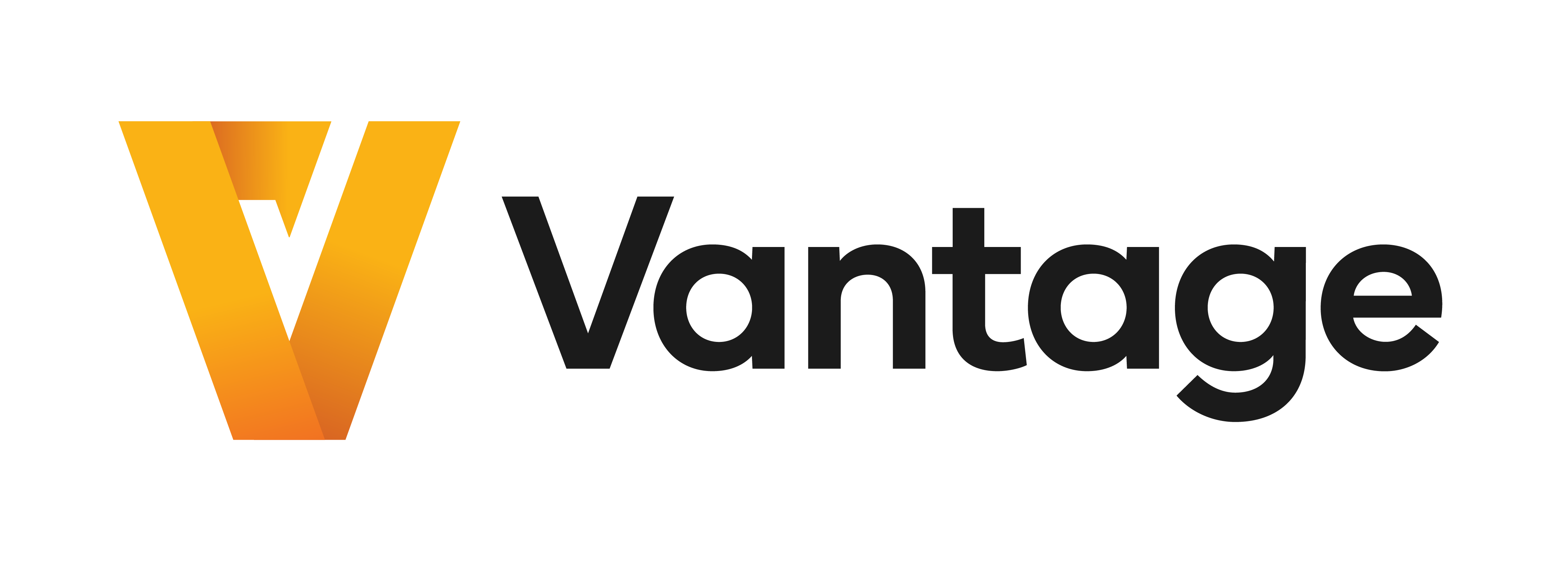
5 Challenges Facing UK Healthcare Organisations in 2024
As we look into the new year, the healthcare landscape in the UK is undergoing a number of changes. From digital transformation to evolving regulations, healthcare organisations across the UK are facing a number of challenges in 2024. We delve into five potential challenges confronting healthcare providers across the UK to help them prepare for the year ahead.
1. Digital Transformation
The rapid pace of digital innovation and necessity for digital systems presents both opportunities and challenges for healthcare organisations. While the adoption of digital solutions can enhance safety, quality of patient care and streamline administrative processes, many healthcare providers are grappling with the complexities of integrating these technologies into their existing processes. Issues such as cost of implementation, data security, and resistance to change hinder the seamless transition to a fully digital healthcare ecosystem.
Healthcare organisations can address these challenges by fostering a culture of adaptability, promoting collaboration, ensuring new systems have robust security measures, and strategically assessing the cost-effectiveness of digital implementation. Overcoming these challenges will pave the way for a more efficient and secure transition.
2. Navigating an Evolving Regulatory Landscape
Healthcare organisations in the UK find themselves grappling with the continuous evolution of regulatory frameworks, such as the Care Quality Commission’s (CQC) single assessment framework, NHS England’s Learning from Patient Safety Events (LFPSE) and the Patient Safety Incident Response Framework (PSIRF). Adapting to and complying with these regulations present a unique set of challenges for healthcare providers. The changing standards, reporting requirements, and assessment criteria demand a high level of agility and proactive engagement from organisations.
The implementation of new frameworks requires healthcare providers to revaluate their practices, streamline internal processes, and invest in staff training to meet the updated standards. This not only poses logistical challenges but also necessitates a cultural shift within organisations to embrace a continuous improvement mindset. Staying abreast of these regulatory changes, aligning internal policies with new requirements, and ensuring staff members are well-informed are imperative for healthcare organisations to maintain compliance and, more importantly, to provide the highest quality of care to patients.
3. Workforce Shortages
The UK healthcare system is facing a shortage of healthcare professionals, including doctors, nurses, and support staff. The demanding nature of the profession, coupled with the pressures of understaffing, has exacerbated burnout among healthcare workers. Addressing workforce shortages and implementing strategies to support healthcare professionals are critical challenges that need urgent attention to ensure the highest quality of patient care.
4. Financial Constraints
Healthcare organisations in the UK are grappling with financial constraints that impact their ability to deliver quality patient care. Rising costs of equipment and the increasing demand for healthcare services strain budgets. Balancing the need for cost-effective care with the provision of high-quality services poses a significant challenge, requiring innovative financial models, efficient resource allocation strategies and potential investment into more efficient digital and automated processes.
5. Patient Data Security and Privacy
The digitisation of healthcare records has brought significant advancements in patient care. However, it has also raised concerns about the security and privacy of sensitive health data. These concerns require healthcare organisations to invest in safer and more secure digital systems to safeguard patient information. Striking a balance between accessibility and security is an ongoing challenge as healthcare providers seek to harness the benefits of digitalisation while protecting patient confidentiality.










